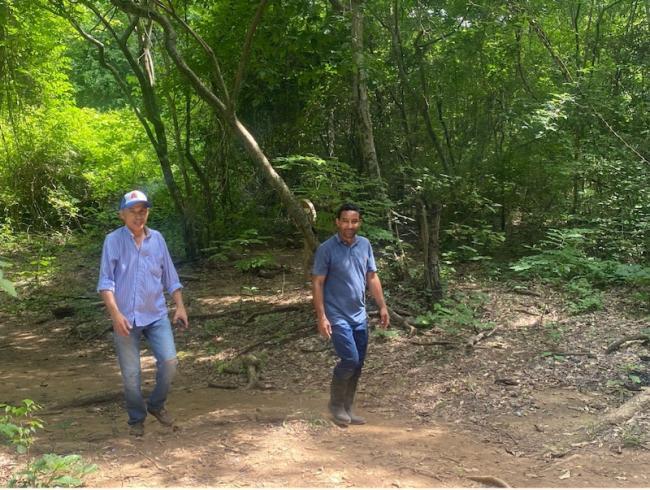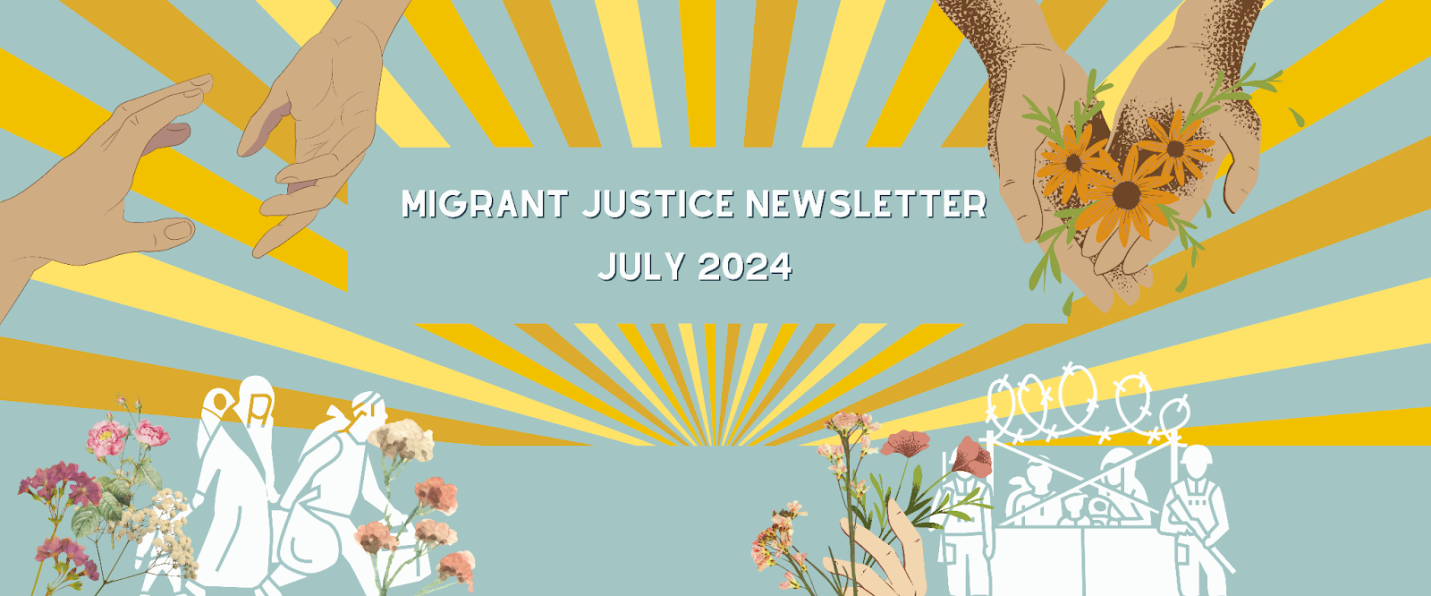Cañaverales, a town in Colombia’s northern province of La Guajira, has become the first beneficiary of a new government program protecting campesino communities from industrial development. On July 5, 2024, Colombia's Ministry of Agriculture declared Cañaverales a Protected Area for Food Production (APPA), safeguarding 80,000 hectares from coal mining and prioritizing agriculture. This victory follows decades of activism by Afro-Colombian, campesino, and Indigenous communities fighting against environmental degradation caused by large-scale mining.
Despite this progress, the future remains uncertain as corporate power, particularly from companies like the Turkish Best Coal Company, threatens to override these protections. The community's struggle reflects the broader challenges of balancing environmental protection with economic interests under the Petro-Márquez administration, which, despite its focus on rural development and food security, continues to face opposition from business interests and the extractive industry. The people of Cañaverales remain committed to resisting mining and protecting their land, but the threat of corporate influence and legal challenges looms large.




